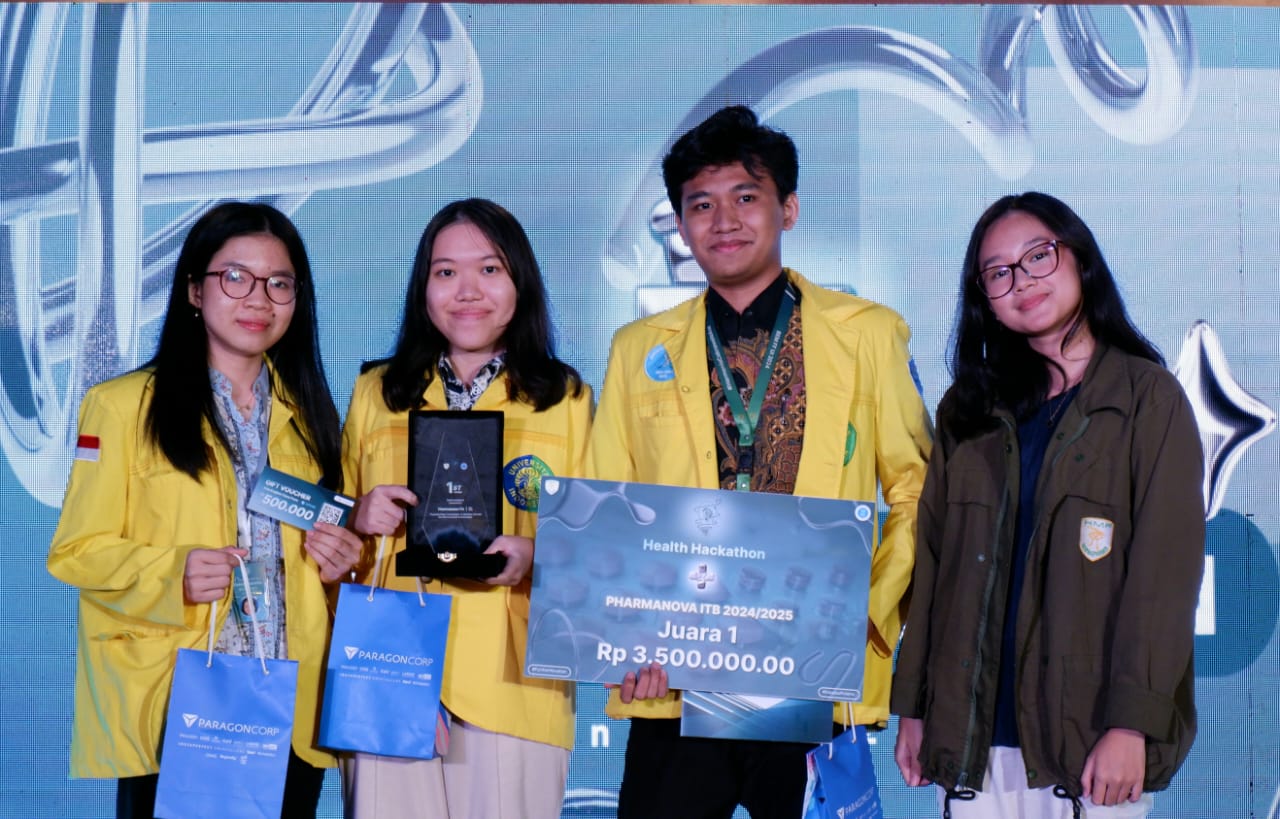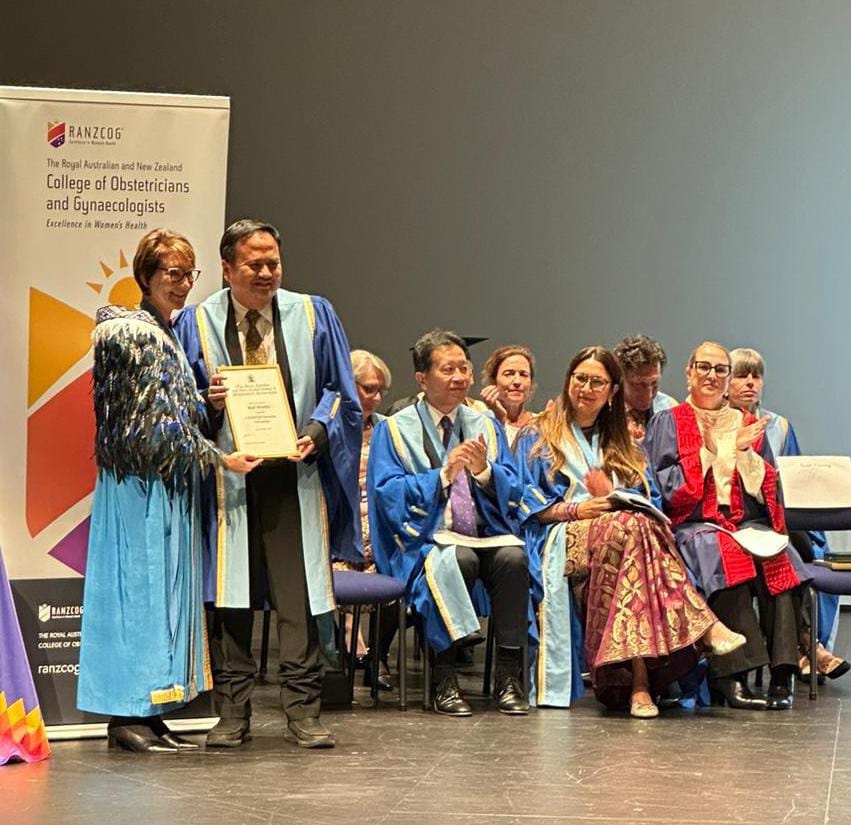Hair loss and baldness is a common problem, especially in old age. Hair is a skin-supporting tissue that plays an important role in protecting the scalp, face, and neck from ultraviolet radiation and reducing heat through the scalp. It also has a psychological impact on appearance and is called a person’s crown.
There are still many obstacles in treating hair loss and baldness, although many products can treat baldness in the market. Due to the limited treatment alternatives, the length of treatment, the maintenance, the lack of optimal reaction to treatment, and its side effects, breakthroughs in the treatment of hair loss and baldness are very important.
This was conveyed by Prof. Dr. dr. Lili Legiawati, Sp. D.V.E, Subsp. D.K.E., in her inauguration speech “Stem Cells and Their Derivatives: Hope for the Future of Hair Loss and Baldness Treatment” in the IMERI Hall, UI Salemba Campus on Wednesday (24/1). Prof. Lili was inaugurated by the Chancellor of the University of Indonesia, Prof. Ari Kuncoro, S.E., M.A., as Professor in Dermatology and Venereology, Faculty of Medicine UI.
Along with advances in medical science and technology, Prof. Lili said that stem cells and their derivatives will be profitable in the future to overcome hair loss and baldness. Stem cells are embryo cells that have not yet divided. Stem cells will potentially develop into cells with specific functions and create body tissues.
Stem cells have characteristics to renew themselves by splitting extensively while maintaining their initial shape. Stem cells that have the potential to regenerate hair follicles can be obtained from different sources, such as adipose tissue, bone marrow, or hair follicles in areas not affected by baldness. Stem cell therapy has three prospective mechanisms which are stem cell grafts, stem cell conditioned medium (secretome), and application of stem cell exosomes.
Several foreign and domestic studies have been conducted to compare various uses of stem cells and their derivatives with placebo or other treatments. “Our research regarding the use of secretomes in the treatment of patterned baldness (androgenetic alopecia) in 2021 and 2023 has obtained good results. Subjects who received secretome therapy showed significant improvements in the number, density, and diameter of hair,” said Prof. Lili.
Additionally, the use of platelet-rich blood fluid for the treatment of hair loss and baldness also gives satisfactory results. Platelet-rich blood fluid is a preparation derived from the patient’s blood or donor containing high concentrations of platelets, hair growth factors, and proteins that are important in hair growth.
“In 2022, we will conduct research to test the use of platelet-rich blood fluids for the treatment of patterned baldness (androgenetic alopecia). The results showed significant improvements in the number, density, and diameter of hair,” said Prof. Lili.
She added that the large number of studies on stem cells and their derivatives at domestic and abroad with good results shows that stem cells and their derivatives will be a promising treatment in the future, especially for hair loss and baldness disorders, other than other diseases.
Research on a similar topic has also been done by Prof. Lili and published in national and international journals. Some of them will be published in 2023, titled Combination of adipose-derived stem cell conditioned media and minoxidil for hair regrowth in male androgenetic alopecia: A randomized, double-blind clinical trial; Stem cells as a therapeutic choice in dermatological disorders; and Comparing Single-spin Versus Double-spin Platelet-rich Plasma (PRP) Centrifugation Methods on Thrombocyte Count and Clinical Improvement of Androgenetic Alopecia: A Preliminary, Randomized, Double-blind Clinical Trial.
Prof. Lili completed her education at the Faculty of Medicine for Bachelor, Master, and Doctoral programs. In 1995, she graduated as a general practitioner and completed her education as a Dermatologist and Venereologist in 2004. Then, she was approved as a Cosmetic Dermatology Consultant in 2013 and succeeded in obtaining the title of Doctor of Medical Sciences in 2019. During the inauguration, the Chair of the Indonesian Dermatology and Venereology Collegium, Prof. Dr. Dr. Sandra Widaty, Sp.D.V.E., Subsp. D.T.; Main Director of PT Putranata Adi Mandiri Ir. Slamet Wibowo; Professor at Airlangga University Prof. Dr. Dr. M. Yulianto Listiawan, Sp.D.V.E., Subsp. O.B.K., FINSDV, FAADV.; and Professor at Gadjah Mada University Prof. Dr. Dr. M. Yulianto Listiawan, Sp.D.V.E., Subsp. O.B.K., FINSDV, FAADV.



